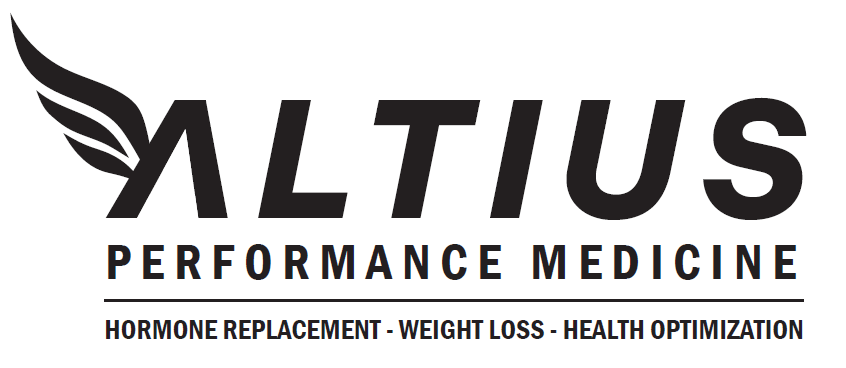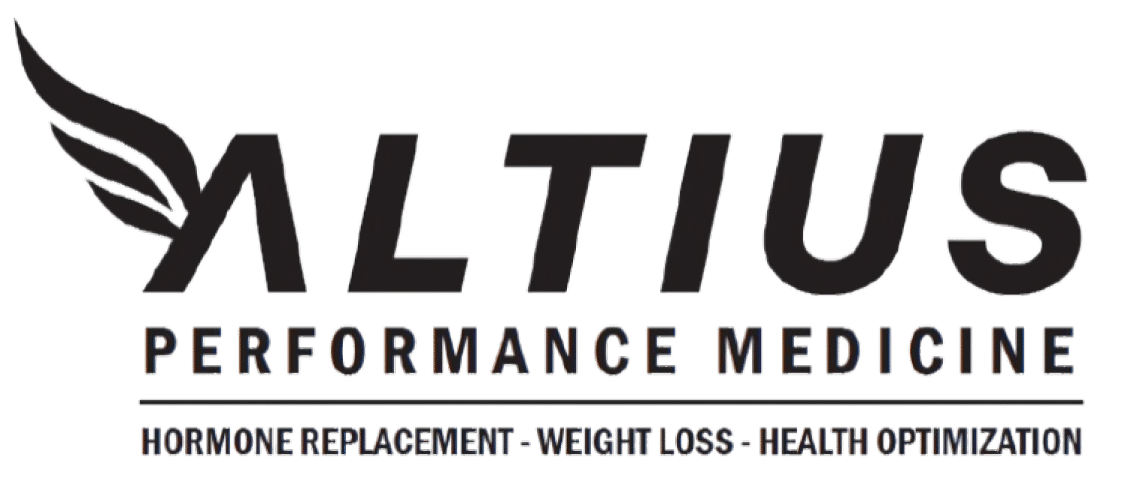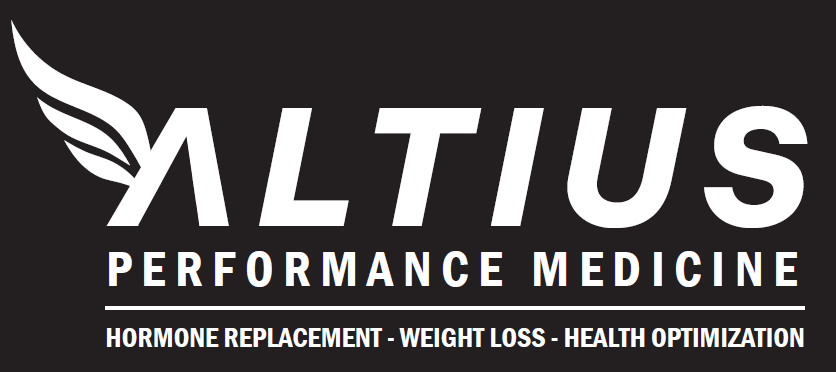Exploring Anti-Aging Methods: A Comprehensive Guide to Available Options
Aging is an inevitable part of life, but advancements in science and medicine have introduced a myriad of methods aimed at slowing down or mitigating its effects. From skincare routines and lifestyle modifications to innovative medical interventions, the pursuit of anti-aging strategies has become a prominent focus for many individuals. In this comprehensive exploration, we’ll delve into various anti-aging methods available today, ranging from preventive measures to cutting-edge treatments.
Understanding Aging and Its Effects
Aging is a complex biological process influenced by genetic, environmental, and lifestyle factors. Over time, the body experiences a decline in various physiological functions, leading to visible and internal changes. Skin loses elasticity, wrinkles form, muscle mass decreases, metabolism slows down, and the risk of age-related diseases increases.
Preventive Measures: Lifestyle and Skincare
Diet and Nutrition
A balanced diet rich in antioxidants, vitamins, minerals, and omega-3 fatty acids can help combat oxidative stress and inflammation, both of which contribute to aging. Foods like berries, leafy greens, fatty fish, nuts, and seeds are known for their anti-aging properties.
Exercise and Physical Activity
Regular exercise not only helps maintain a healthy weight and muscle mass but also improves circulation, promotes cellular regeneration, and reduces the risk of chronic diseases associated with aging.
Skincare Routines
Adopting a consistent skincare routine with products containing ingredients like retinoids, hyaluronic acid, antioxidants (such as Vitamin C and E), and sunscreen can protect the skin from damage caused by UV radiation and promote collagen production, reducing the appearance of wrinkles and fine lines.
Advanced Anti-Aging Treatments
Hormone Replacement Therapy
Hormone replacement therapy (HRT) involves supplementing declining hormone levels, such as estrogen or testosterone, commonly associated with aging. This treatment aims to alleviate symptoms and improve overall well-being. However, it requires careful monitoring due to potential risks and side effects.
Anti-Aging Supplements
Numerous supplements claim to have anti-aging properties, including Coenzyme Q10, resveratrol, collagen peptides, and others. However, scientific evidence supporting their effectiveness in slowing down aging remains inconclusive, and their use should be approached with caution.
Cosmetic Procedures
Aesthetic treatments like Botox injections, dermal fillers, chemical peels, and laser therapy are popular options to reduce the visible signs of aging. These procedures can address wrinkles, fine lines, skin texture irregularities, and volume loss, providing a more youthful appearance.
Stem Cell Therapy
Stem cell-based treatments aim to harness the regenerative potential of stem cells to repair and rejuvenate tissues. While still in the early stages of research, stem cell therapy shows promise in tissue regeneration and has implications for potential anti-aging interventions.
Anti-Aging Medications and Therapies
Emerging pharmaceutical interventions, such as senolytics (compounds targeting senescent cells) and rapamycin (a drug with potential anti-aging effects), are being investigated for their ability to slow down the aging process and prevent age-related diseases.

Ethical Considerations and Caution
While the pursuit of anti-aging methods is enticing, it’s essential to approach these interventions with caution and awareness. Some treatments may lack scientific backing or carry potential risks and side effects. Moreover, societal perceptions of aging and the ethics surrounding the desire to prolong youthfulness should be considered when exploring these methods.
The quest for anti-aging methods encompasses a broad spectrum of approaches, from simple lifestyle changes to sophisticated medical interventions. While some strategies focus on external appearance, others target internal biological processes associated with aging. As research and technology continue to advance, the landscape of anti-aging interventions evolves, offering a range of options for individuals seeking to age gracefully.
It’s crucial to approach anti-aging methods with a balanced perspective, considering both the potential benefits and risks associated with each approach. Consulting with healthcare professionals and making informed decisions based on individual health status and goals is paramount in navigating the diverse array of available anti-aging methods. Ultimately, embracing aging gracefully while prioritizing overall health and well-being remains a fundamental principle in the pursuit of anti-aging strategies.
Navigating Anti-Aging Doctors in Austin, Texas: A Guide to Choosing the Ideal Clinic
Austin, Texas, known for its vibrant culture and innovative healthcare landscape, offers a myriad of options for individuals seeking anti-aging treatments. Choosing the right anti-aging doctor or clinic in Austin is a critical step toward achieving desired results while ensuring safe and effective care. In this comprehensive guide, we’ll explore the landscape of anti-aging doctors in Austin, along with key considerations to assist in selecting the ideal clinic for personalized anti-aging treatments.
Understanding Anti-Aging Medicine in Austin, Texas
Anti-aging medicine focuses on preventing, slowing, or reversing the effects of aging, emphasizing proactive health measures and innovative interventions to promote vitality and longevity. In Austin, numerous clinics and practitioners specialize in anti-aging treatments, offering a diverse range of services tailored to individual needs.
Steps to Finding an Anti-Aging Doctor in Austin, Texas
Conduct Thorough Research
Utilize online resources, directories, and healthcare platforms to compile a list of anti-aging doctors and clinics in Austin. Websites like Healthgrades, Zocdoc, or specialized directories for anti-aging medicine can provide insights into clinic locations, services offered, patient reviews, and overall reputation.
Seek Referrals and Recommendations
Consult with your primary care physician, dermatologist, or other healthcare providers for referrals to reputable anti-aging doctors or clinics in Austin. Additionally, seek recommendations from friends, family, or acquaintances who have undergone anti-aging treatments. Personal experiences often provide valuable insights into the quality of care offered.
Assess Credentials and Expertise
Evaluate the credentials, certifications, and expertise of anti-aging doctors or practitioners. Look for board-certified professionals specializing in anti-aging medicine, aesthetic medicine, or related fields. Verify their training, experience, and commitment to evidence-based practices in the field of anti-aging treatments.
Review Clinic Services and Offerings
Different clinics may specialize in various anti-aging treatments, from cosmetic procedures to hormone replacement therapy and personalized wellness programs. Assess whether the clinic offers comprehensive services aligned with your goals, whether it’s skincare, hormone optimization, nutritional guidance, or regenerative medicine.
Consider Clinic Reputation and Patient Reviews
Review online testimonials, forums, and social media platforms for patient feedback and experiences with various clinics. Pay attention to recurring positive or negative comments regarding the clinic’s services, staff professionalism, treatment effectiveness, and overall patient satisfaction.

Key Considerations When Choosing an Anti-Aging Clinic
Expertise and Approach: Choose a clinic where the anti-aging doctors or practitioners prioritize a holistic approach to anti-aging treatments. Consider clinics that focus on personalized care, addressing individual needs, and providing a comprehensive assessment before recommending treatments.
Range of Services Offered: Select a clinic that offers a wide range of anti-aging services tailored to different needs. Whether it’s skincare treatments, hormone optimization, nutritional counseling, or regenerative therapies, a diverse array of services can cater to various aspects of aging.
Advanced Technologies and Techniques: Assess whether the clinic utilizes advanced technologies and innovative techniques in their treatments. Clinics that invest in cutting-edge technologies and stay updated with the latest advancements in anti-aging medicine may offer more effective and safer treatment options.
Transparent Communication and Consultation: Prioritize clinics that prioritize transparent communication, providing detailed information about treatments, potential risks, expected outcomes, and costs involved. Ensure they conduct thorough consultations, taking time to understand your concerns and goals before proposing treatments.
Facility Standards and Safety Measures: Visit the clinic or research online to evaluate the clinic’s cleanliness, professionalism, and adherence to safety protocols. Ensure they follow regulatory standards and maintain a safe and hygienic environment for patients.
Selecting the right anti-aging doctor or clinic in Austin, Texas, requires diligent research, careful evaluation, and consideration of individual needs and preferences. Prioritize clinics that offer personalized care, experienced professionals, a comprehensive range of services, and clear communication throughout the treatment process.
Ultimately, the decision regarding anti-aging treatments should involve discussions with qualified healthcare professionals who can assess your specific health situation, discuss potential benefits and risks, and create a tailored treatment plan aligned with your goals. By considering these factors and seeking guidance from reputable professionals, individuals can find a trusted anti-aging clinic in Austin, Texas, for safe and effective treatments aimed at enhancing vitality and promoting graceful aging.
Anti-Aging FAQ
1. What Is Anti-Aging?
Answer: Anti-aging refers to practices, treatments, and strategies aimed at slowing down, preventing, or reversing the effects of aging. These approaches encompass various lifestyle changes, skincare routines, medical interventions, and therapies designed to maintain youthful vitality, improve health, and mitigate age-related changes in appearance and functionality.
2. What Causes Aging?
Answer: Aging is a multifaceted process influenced by a combination of genetic, environmental, and lifestyle factors. Cellular damage, oxidative stress, telomere shortening, hormonal changes, and genetic predispositions contribute to the aging process. External factors like sun exposure, smoking, poor nutrition, and stress can also accelerate aging.
3. What Are Some Effective Anti-Aging Strategies?
Answer: Effective anti-aging strategies include a holistic approach that encompasses various aspects of life:
- Healthy Diet: Consuming nutrient-rich foods abundant in antioxidants, vitamins, and minerals.
- Regular Exercise: Engaging in physical activity to maintain muscle mass, cardiovascular health, and overall well-being.
- Skincare: Establishing a consistent skincare routine using products with beneficial ingredients like retinoids, hyaluronic acid, and sunscreen to protect against UV damage.
- Stress Management: Employing techniques like meditation, yoga, or mindfulness to reduce stress and promote mental well-being.
- Medical Interventions: Considering treatments like hormone replacement therapy, aesthetic procedures, or regenerative therapies under the guidance of healthcare professionals.
4. Are Anti-Aging Treatments Safe?
Answer: The safety of anti-aging treatments varies depending on the specific intervention, individual health status, and the expertise of the practitioner. Many non-invasive treatments, such as skincare routines and lifestyle modifications, are generally safe. However, invasive procedures or medical interventions like hormone therapy may carry risks and side effects. It’s crucial to consult with qualified healthcare professionals and undergo treatments in reputable clinics to ensure safety and efficacy.
5. At What Age Should I Start Anti-Aging Practices?
Answer: While there’s no specific age to start anti-aging practices, adopting healthy habits early in life can have significant long-term benefits. Basic skincare routines, a balanced diet, regular exercise, and sun protection can be implemented in one’s teens or twenties. As individuals age, they may consider more specialized anti-aging treatments or interventions tailored to their changing needs and goals. Remember, the effectiveness of anti-aging practices can vary from person to person. Consultation with healthcare professionals can provide personalized guidance and recommendations based on individual health status and goals.



